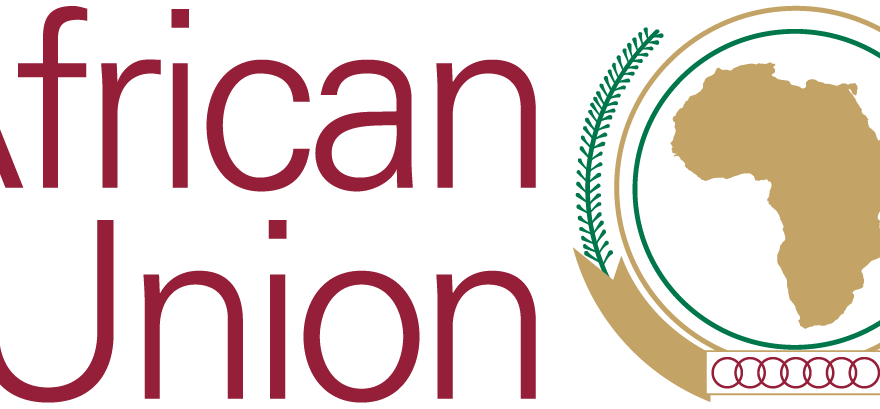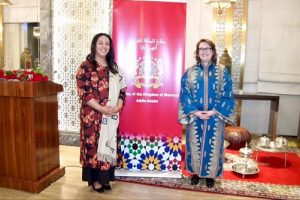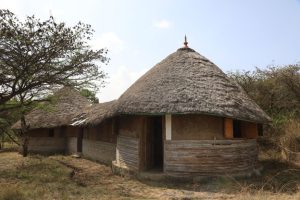
BY MULUGETA GUDETA
Arts and culture in Africa have always been important in the long struggle of Africa to recover its lost soul from centuries of colonial rule and decades of neocolonialism that is still striving to subvert Africa’s artistic and cultural legacies either as objects of commerce or as critical elements of its continued attempt to control the minds and souls of a people fighting for an equal status in the world in all walks of international life.
When the late African artistic giant Chinua Achebe portrayed the old Africa in his classic “Things Fall Apart”, it was not a fun to do so. He was rather making it clear that Africa’s undoing followed from the British colonial penetration of ancient ways of life and its attempts to replace it with its own culture of European cultural hegemony. The novel became a classic simply because it was a call to spiritual arms to withstand European colonialism and neocolonialism.
Since then, the struggle for Africa’s cultural and artistic rebirth has been the concern of many Pan-African intellectuals who showed courage in criticizing European artistic hegemony in Africa and in calling African leaders to fight for the freedom of Africa’s spirit or soul and the restoration of its cultural dignity because this struggle could not be separated from the struggle for the continent’s political and economic freedom.
The establishment of the Organization of African Unity marked a historic moment in the struggle for the restoration of Africa’s artistic and cultural dignity to its legitimate place and the first step in a united rejection of the continued colonial and/or neocolonial domination of the people of Africa by European cultural subversion that served as a bulwark of its continued cultural and artistic domination. The decade of the 1960s dubbed the independence decade in Africa was critical in this long journey from cultural subjugation to relative freedom. As the founding documents of the OAU testified, it was important to end Africa’s cultural domination by the West in order to make its total liberation of the continent. The half a century between the establishment of the OAU and the transformation of the OAU into the African Unity (AU) saw the affirmation and reaffirmation of the need for the artistic freedom of the continent of Africa an indispensable condition for its rise in the new century.
There were also many cultural events taking place in this particular period, notable among others being the launching of the first International Black Arts Festival in the Senegalese capital Dakar back in 1966. That was an event that showed the world that arts and culture are indeed powerful weapons of struggle for Africa’s total liberation. The festival took place in 40 years and was set up by Senegal’s first post-independence president Leopold Sedar Senghor “to celebrate the creativity of postcolonial Africa and the Dakar festival was the third of its kind. The overall aim remains the same as 40 years ago which was to allow artists of black origin to be known and appreciated in an atmosphere of tolerance, mutual esteem and intellectual fulfillment.”
For Africa, arts and culture have never been about writing books, painting pictures or singing and dancing although they are always part of daily life on the continent. Neither the commercial conception of arts and cultural were palatable for African intellectuals because capitalism had already made it difficult for Africans to compete in a world dominated by Western art and culture. The alternative was therefore to bring back or restore Africa’s lost soul or spirit before African artists could compete with their Western counterparts for the souls and minds of the international community.
The global market has never been and is not even now favorable to African artists and men and women of culture to make their impact felt because it has always been controlled by powerful multinational corporations with huge global networks and investments at their disposal. Besides that Western government had always been keen to support their cultural and artistic penetration of African states in their bid to maintain their domination in the marketplace as well as in international arenas where culture and politics often mix.
The five main objectives of the African Union (AU) are promoting the unity and solidarity of African countries, defending state sovereignty, eradicating colonialism, promoting international cooperation and coordinating or harmonizing the policies of member states.”
Speaking of economic integration, we can say that it can only be realized on the basis of cultural integration and the forging of a common African consciousness. The cultural integration of Africa can only be conceived as a precursor to its political and economic integration. More recently, the AU has singled out the year 2021 as “The AU year of the Arts, Culture and Heritage: Levers for Building the Africa we want.” This slogan or motto once again hammered on the inseparable nature of cultural liberation or integration as part and parcel of economic and political liberation and integration. This is what is meant by “Levers for building the Africa we want”.
What is the Africa that Africans want to see in 2063 as the year set to realize Africa’s economic integration and transformation? It is obviously in Africa’s whose culture is vibrant and producing the material and spiritual inputs that would promote the continent’s total liberation via its integration. This will not be an Africa with geographic and economic fragmentation as well as artistic and cultural subordination. It will be an Africa proud of its cultural heritages and artistic achievements and competing on equal footing with Western countries in international arenas and the marketplace for material culture.
It will be an Africa with its own resources, financial and otherwise, that will allow African artists and men and women of culture to look at Africa itself to promote their achievements instead of knocking on the closed doors of European or Western publishing houses, exhibition halls, movie and music studios and distributions outlets. It will be an African where African intellectuals and artists will be beneficiaries of their works that at the same time contribute to the economic growth of their continent. It will be an Africa where the rich cultural heritages of the continent will be the source of pride for its people and the basis of its fast economic development and total liberation from the remnants of colonialism.
“Globally, the Culture and Creative Industries play a key role in contributing to GDP. In recognition of the importance of the creative industries in achieving the Agenda 2063 objectives of regional integration, inclusive and sustainable economic growth and development.”
According to available information, “Aspiration 5 of Agenda 2063 envisions an Africa with a strong cultural identity. Common heritage, shared values and ethics’ This calls for an African cultural renaissance which is pre-eminent and that inculcates the spirit of Pan-Africanism, tapping Africa’s rich heritage to ensure that the creative arts are major contributors to Africa’s growth and transformation and restoring and preserving Africa’s cultural heritage, including its heritages.”
The AU arts and culture committee is promoting particular themes to celebrate African heritages every year. As we saw above, the theme selected for the year 2021focused on using our cultural heritages to build the Africa we want. The theme for 2022 is Industrializing Africa and “Renewed commitment towards an inclusive and Sustainable Industrializing and Economic Diversification.”
The theme for 2022 was selected to be nutrition. According to the official statement released on the occasion, it was stated that, “The AU theme of year for 2022 aims to maintain a strong political momentum on nutrition across the African continent. It is a unique opportunity to strengthen continental commitment to end malnutrition in all its forms and to further improve food and security through the implementation of the goals and objectives of the Africa Regional Nutrition Strategy for 2016-2026.”
The 2022 theme faced formidable challenges in the form of the COVID-19 pandemic that made it difficult to take the necessary steps to ensure the objective of feeding Africa through concerted domestic efforts. Yet, the pandemic made it difficult to carry out this noble vision as resources were curtailed and the movement of capital and goods witnessed a sharp fall. The pandemic had also discouraged cultural cooperation within and outside Africa as the movement of people was greatly curtailed while artistic and cultural activities were undermined by the economic fallout of the pandemic.
Now that conditions seem favorable to the continuation of the works started earlier than the outbreak of the pandemic, the time seems favorable to continue building the cultural and artistic leverages that would serve as bases for building the Africa we all want. Ensuring the nutrition needs of the people of Africa needs investment in the agricultural sectors of member states. So does providing financial support to the development of the entertainment industries in Africa as a condition for making them independent and self-reliant and free from global artistic and cultural industries that are dominating them at present. We should therefore have a holistic approach to developing the cultural as well as the economic objectives to realize the objectives of the 2063 African project. Africa’s coming together would be the reverse of Achebe’s novel where things were falling apart.
The Ethiopian Herald 29 January 2023





